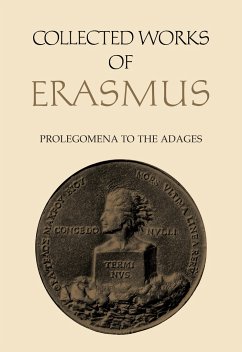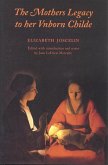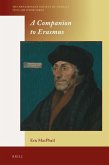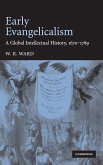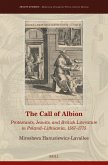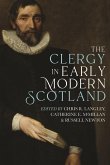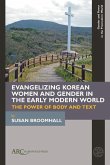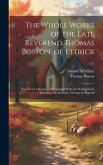After spending several months in England, Erasmus returned to Paris in the winter of 1500 and set about compiling a small anthology of classical proverbs known as the Adagiorum collectanea. This modest work became the basis for one of Erasmus’ best known and longest works, when it was expanded in 1508 into the far more substantial Adagiorum chiliades. The essay that begins this introductory volume to the Adages explores the development of the Collectanea and its transformation into the Adagiorum chiliades. It is followed by the first annotated translation into English of the Collectanea. The second part of this volume contains a series of indexes to all of the adages found in CWE volumes 31–36: Greek; Latin; Early Modern English proverbs with possible sources or parallels in Erasmus; Erasmus’ original topical index; and full indexes of all the proverbs and names mentioned by Erasmus. The Prolegomena to the Adages is a much needed resource for Erasmus and Renaissance scholars alike and it continues the excellence in scholarship which defines the entire series. Volume 30 of the Collected Works of Erasmus series.
Hinweis: Dieser Artikel kann nur an eine deutsche Lieferadresse ausgeliefert werden.
Hinweis: Dieser Artikel kann nur an eine deutsche Lieferadresse ausgeliefert werden.

